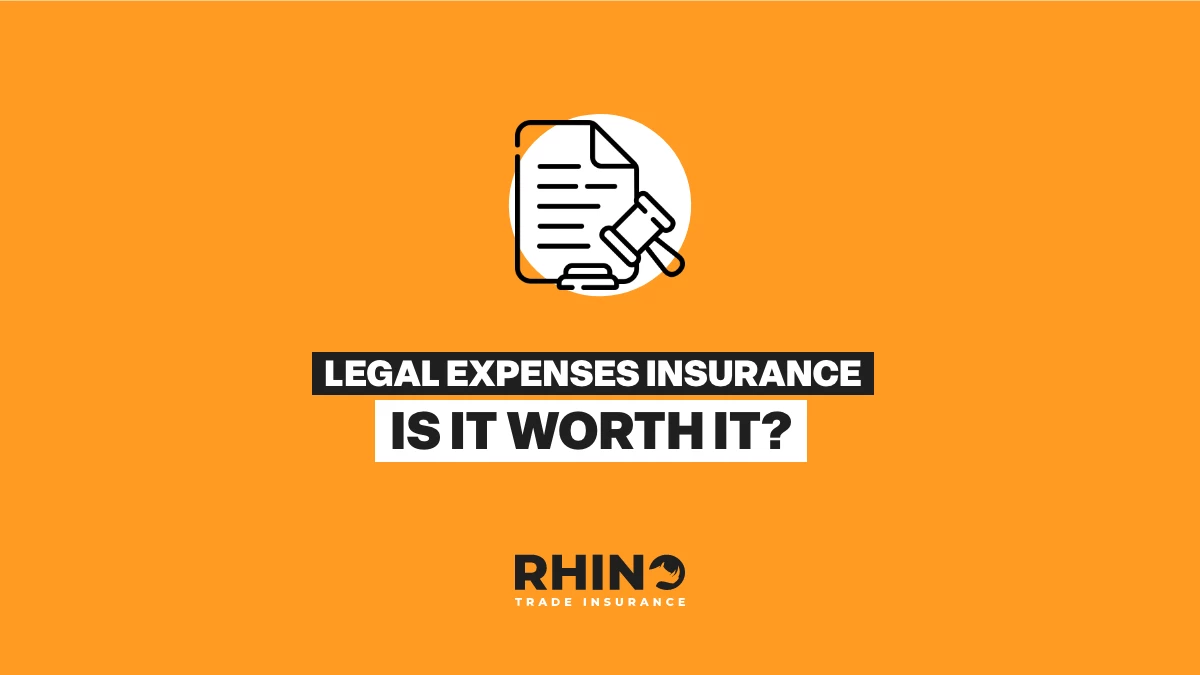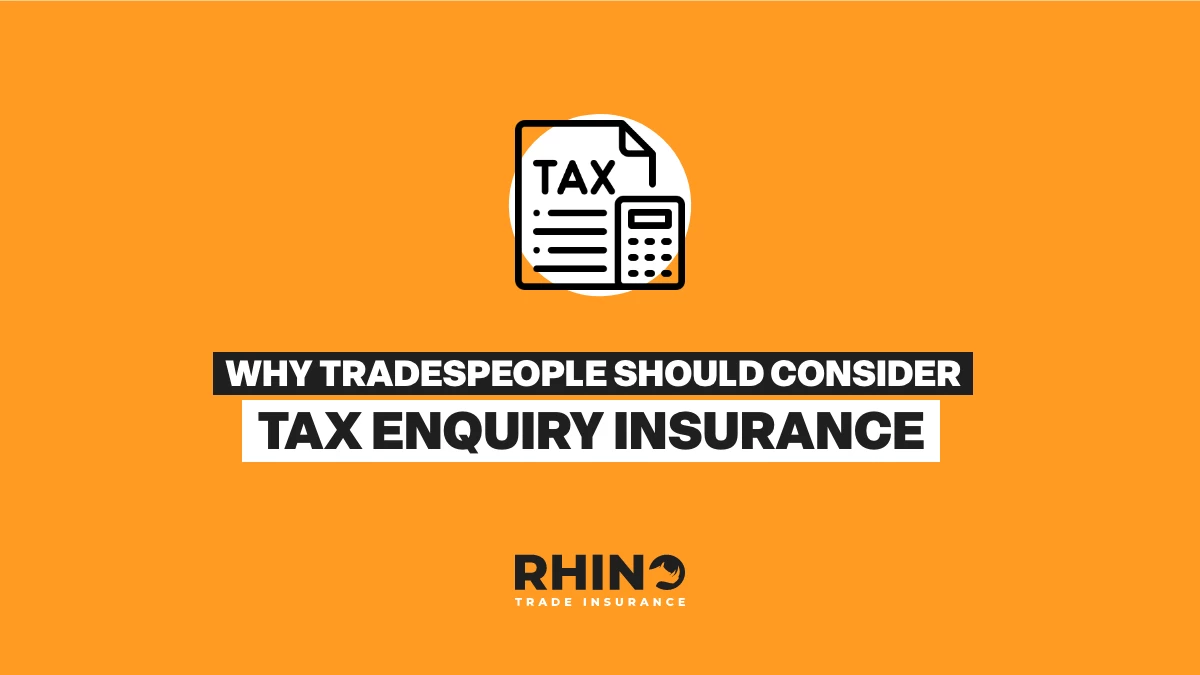In today's competitive job market, hiring trustworthy and qualified employees is crucial for the success of your business. One key aspect of the hiring process is conducting thorough background checks on potential employees. This guide is designed to assist tradesmen and women in the UK in conducting background checks as part of their employment procedures. Hiring a contractor, tradesperson or the like without the right checks could see you risk your businesses livelihood, so let’s see what checks are available.
The Importance of Background Checks
Background checks are a key element of the hiring process to help businesses of all sizes check out potential employees. These checks provide insights into a candidate's criminal history, employment history, educational background, and more.
By conducting background checks, you can safeguard your business against potential risks, protect your reputation, and create a safe working environment.
Legal Considerations
Before diving into the specifics of background checks, it's essential to understand the legal framework governing such practices in the UK. The Data Protection Act of 2018, along with the General Data Protection Regulation (GDPR), are two significant regulations that trade businesses must adhere to when collecting and processing personal data during background checks. Make sure you're familiar with these regulations and obtain the necessary consent from candidates before proceeding.
Types of Background Checks
Criminal Records Check (DBS Check)
The Disclosure and Barring Service (DBS) carries out criminal record checks that reveal an individual's criminal history. Depending on the nature of the job, there are three levels of checks available:
This provides information on unspent convictions. It's suitable for roles that involve minimal contact with vulnerable groups.
This reveals spent and unspent convictions, cautions, reprimands, and final warnings. It's typically used for positions with moderate responsibility and access to sensitive information.
This includes the same information as the standard check, plus any additional relevant information held by local police. It's ideal for roles involving substantial contact with vulnerable individuals, such as children or the elderly.
Employment History Verification
Verifying a candidate's employment history is essential to confirm their work experience and evaluate their suitability for the role. To confirm employment dates, job descriptions, and duties, get in touch with past employers.
Education and Qualification Verification
Confirming a candidate's educational background and qualifications ensures that they possess the necessary skills for the job. Contact educational institutions and training providers to verify degrees, certifications, and diplomas.
Reference Checks
Reference checks involve contacting individuals who can vouch for the candidate's character, work ethic, and performance. References can be from previous employers, colleagues, or supervisors.
Credit Checks
Credit checks are relevant for roles that involve financial responsibilities. They provide insights into an individual's financial history, including outstanding debts, bankruptcies, and court judgments - this could be useful if you are considering hiring somebody to take care of your money and accounts.
Implementing Background Checks
Clearly Define the Screening Process
Establish a consistent screening process for all potential employees. This ensures fairness and compliance with regulations. Document the steps involved in the background check process and share this information with candidates.
Obtain Candidate Consent
Before initiating any background checks, obtain written consent from the candidate. Clearly explain the types of checks you'll be conducting and how their personal information will be used.
Choose the Appropriate Checks
Select the types of background checks that align with the requirements of the job role. For example, roles involving financial transactions may necessitate credit checks, while those working with vulnerable individuals require enhanced DBS checks.
Partner with Reputable Screening Agencies
Consider partnering with reputable background screening agencies that specialise in conducting thorough and accurate checks. These agencies are well-versed in legal compliance and can provide valuable guidance throughout the process. Onfido is an excellent choice in the UK.
Maintain Data Security
To maintain data security and GDPR compliance, handle information about applicants with the utmost care. Store personal information in a secure manner and retain it only for the necessary period.
Respect Candidate Privacy
While background checks are essential, respect candidate privacy throughout the process. Only collect information that is directly relevant to the job role, and avoid making decisions based on irrelevant or discriminatory factors.
Get quality trade insurance with Rhino today
Conducting background checks is a crucial step in the hiring process for tradesmen and women in the UK. By implementing thorough and compliant checks, businesses large and small can mitigate risks, ensure the suitability of candidates, and build a trustworthy team.
Remember to stay up-to-date with legal regulations, choose the appropriate types of checks, and handle candidate information with care. You can improve your hiring procedure and add to the long-term success of your trade business by following this advice.
Amazing insurance choices are available from Rhino Trade Insurance for UK-based trade companies. Finding a better trade-only insurer would be hard, given that over 2000 tradespeople have given us five-star reviews for our services!
For further information, contact the friendly Rhino team on 0116 243 7904. Six days a week, you can reach us or use our website's quick quote engine to find all the information you require.




